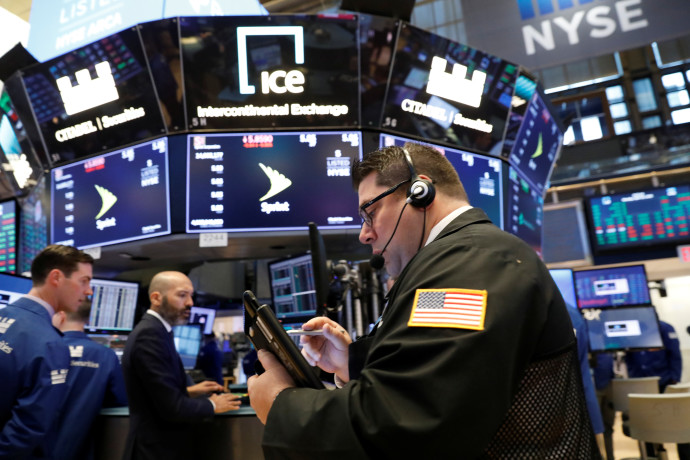President Joe Biden is considering rolling back some of the tariffs that former president Donald J. Trump imposed on Chinese goods, in hopes of mitigating skyrocketing price hikes on goods, according to CNN.
US officials are also working to arrange a possible call this summer between President Joe Biden and Chinese President Xi Jinping, according to Bloomberg.
Biden said on Saturday he was in the process of making up his mind on tariffs and the potential call with Xi, according to an official familiar with the matter, though he hasn't made a final determination yet.
Biden and Xi last spoke in a nearly two-hour-long video call on March 18, their first following Russia’s invasion of Ukraine. The US president warned his counterpart at the time of “consequences” should Beijing provide support for President Vladimir Putin’s war, according to the White House readout of the chat.
Business groups and some outside economists have been pressuring the administration to relax at least a portion of the taxes on imports, saying it would be a significant step that the president could take to immediately cut costs for consumers.

“We want stability in the relationship, that takes connecting,” US Ambassador to China Nicholas Burns said Thursday at an event hosted by the Brookings Institution when asked about the state of play between the countries. “Of course, our ultimate channel is the channel between our two presidents. So we’re conducting intensive diplomacy.”
Liu Pengyu, spokesman for the Chinese embassy in Washington, said in an email to Bloomberg that China and the US “have smooth communications channels.”
"We have no information about a call, although we always believe it’s beneficial to keep the lines of communication open at all levels,” Chinese Foreign Ministry spokesman Wang Wenbin said Friday at a regular press briefing in Beijing.
"We have no information about a call, although we always believe it’s beneficial to keep the lines of communication open at all levels.”
Chinese Foreign Ministry spokesman Wang Wenbin
Biden has limited options for bringing down the price hikes and has deferred to the Federal Reserve to manage inflation. Yet its primary tactic of raising interest rates has driven stock market prices down, instead of developing fears of a looming recession.
Biden's team believes it must make a decision soon as inflation continues to drag down the President's approval ratings. The issue has been debated internally for months and has sparked an internal divide within Biden's team.
Some of Biden's advisors such as US Trade Representative Katherine Tai have advocated leaving the tariffs as they are because China hasn't lived up to its original commitments from the Trump-era trade deal. Other members of the Cabinet, including Treasury Secretary Janet Yellen and Commerce Secretary Gina Raimondo, favor lifting some tariffs on certain goods, according to CNN
Biden has also come under pressure from some Democrats and organized labor to keep the tariffs in place to protect US jobs.
A White House spokesman declined to say how much of an inflation reduction administration economists believe might be possible from a tariff rollback in a probe by The New York Times, stating that the discussions are still ongoing.
Another senior administration official told The New York Times that the White House had been examining several models of how lifting tariffs would affect rising prices, which had produced a range of different estimates, depending on factors like whether the tariffs were eliminated through an exclusion process or in one fell swoop, and whether China responded by lifting its own tariffs.
